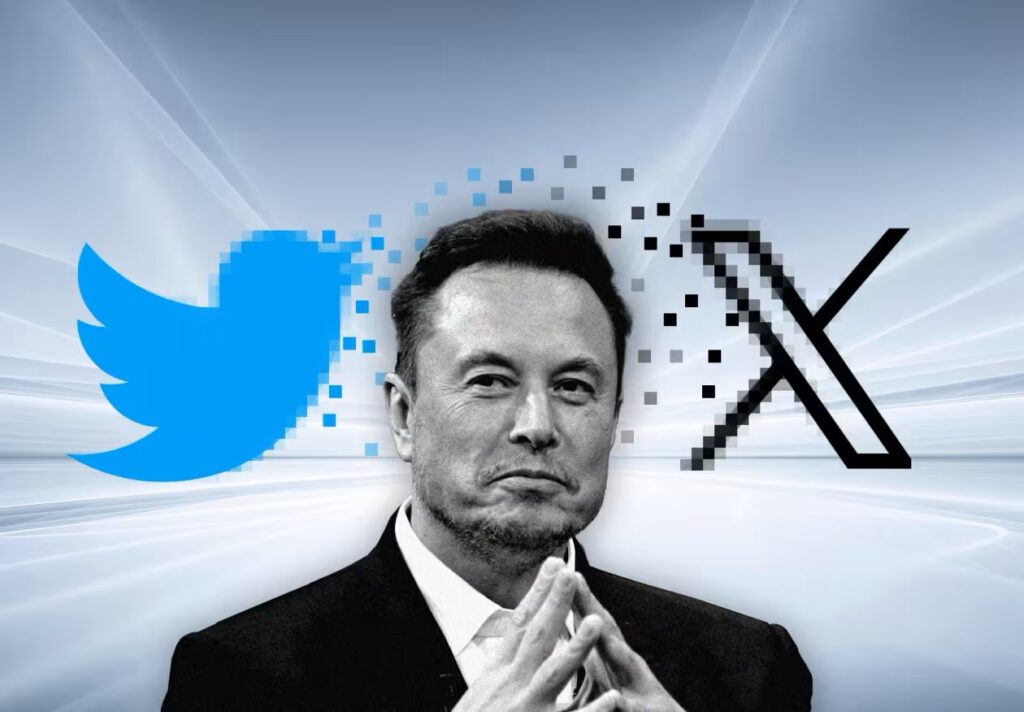Mark Zuckerberg is said to have started work on Koolau Ranch, his sprawling 1,400-acre compound on the Hawaiian island of Kauai, as far back as 2014.
It is set to include a shelter, complete with its own energy and food supplies, though the carpenters and electricians working on the site were banned from talking about it by non-disclosure agreements, according to a report by Wired magazine.
A six-foot wall blocked the project from view of a nearby road.
Asked last year if he was creating a doomsday bunker, the Facebook founder gave a flat no. The underground space spanning some 5,000 square feet is, he explained, just like a little shelter, it's like a basement.
Despite such assertions, speculation persists, particularly about his decision to buy 11 properties in the Crescent Park neighborhood of Palo Alto, apparently adding a 7,000 square feet underground space beneath.
Though his building permits refer to basements, according to the New York Times, some of his neighbors call it a bunker—or a billionaire's bat cave.
Reid Hoffman, the co-founder of LinkedIn, has discussed apocalypse insurance, a concept he claims about half of the super-rich subscribe to, with New Zealand becoming a popular destination for homes.
This raises the question: are these tech moguls genuinely preparing for climate change, wars, or other substantial crises that the general public might not be aware of?
In the context of the rapid advancement of AI, concerns seem to have escalated. Ilya Sutskever, chief scientist of OpenAI, expressed worries about the speed of AI developments and suggested that before the release of artificial general intelligence (AGI), underground shelters should be ready for the company's top scientists.
Many tech leaders, including Sam Altman and Demis Hassabis, have claimed that AGI could arrive "sooner" than anticipated, compelling discussion about the implications for humanity.
While visionaries like Elon Musk prophesy a bright future dominated by AI, others voice urgent alarm regarding its potential threats.
Experts have begun to question if the rising interest in bunkers among the wealthy represents a more profound underlying fear about the trajectory of society and technology—where challenges that could lead to remarkable advancements could also bring unintended consequences.




















